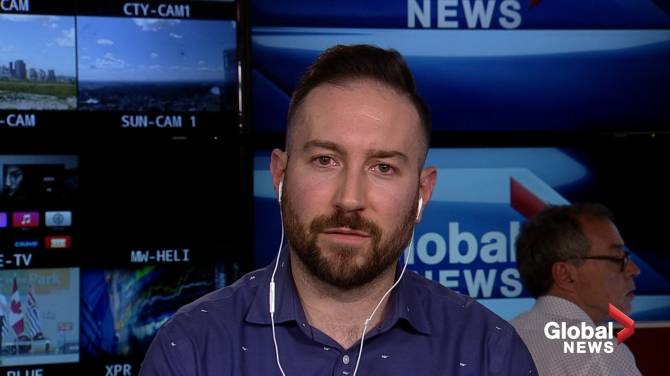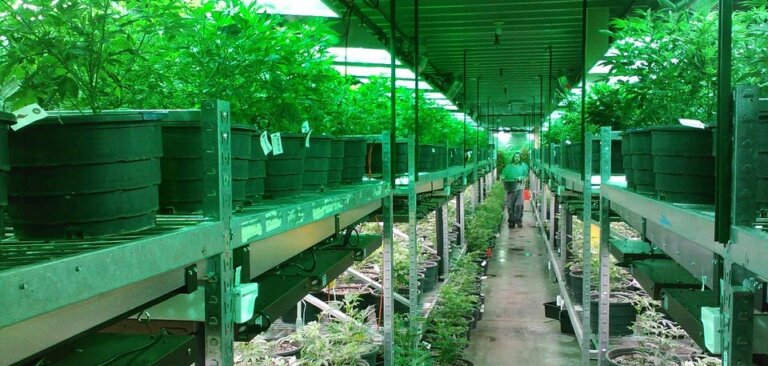Cannabis Addiction: Is It Real?

Evidence Suggests Cannabis Addiction Affects 10 Per Cent of Users – LPC

Addiction psychologist Dr. Jonathan Stea finds it “frustrating” when people say there is no such thing as cannabis addiction.
“I think it’s been a popular misconception that cannabis is not physically addicting,” said the Calgary-based doctor. “We have an endocannabinoid system, and it’s very well-established that cannabis withdrawal can occur.”
In fact, about 10 per cent of users will develop a cannabis addiction, Stea said. That is low compared to nicotine and alcohol. Recovery is easier too, compared to other substances.
“I’d rather be helping someone manage a cannabis addiction than an alcohol addiction or a heroin addiction because I’m less scared they’re going to die. That said, at the individual level, when somebody is managing a cannabis addiction, that’s not to be taken lightly, either.”
For example Danielle, a Halifax university student, decided to quit cannabis after severe bouts of cannabis vomiting syndrome. When Danielle found it difficult to stop with symptoms such as anxiety, she realized she had a cannabis addiction.
“In my eyes, addiction is when you want to stop using a substance but you find that you’re unable to,” Danielle said.
Why Do People Refuse to Acknowledge the Risk? – LPC
There are many reasons why people will deny that cannabis addiction even exists. For one, it’s become part of the cannabis battleground. Those who want to legalize cannabis say it isn’t, and those who don’t want cannabis legalization say it is. Also, people tend to downplay or deny their addictions for fear of stigma, embarrassment, and other reasons.
But the overwhelming reason that cannabis addiction isn’t well known is that there simply isn’t enough research. Even former US surgeon general Jocelyn Elders claimed that “Marijuana is not addictive, not physically addictive anyway.”
In March, the same Dr. Stea warned against people who believed cannabis is the solution to the opioid crisis. There simply isn’t enough evidence there too. CBD remedies are gaining acceptance, but many doctors are still hesitant to prescribe or recommend medical cannabis simply because there are too many gaps in knowledge. Research will take time, including research into cannabis addiction. But now that cannabis is legalized, cannabis research will be a lot easier to do.
This editorial content from the LPC News Editor is meant to provide analysis, insight, and perspective on current news articles. To read the source article this LPC commentary is based upon, please click on the link below.


